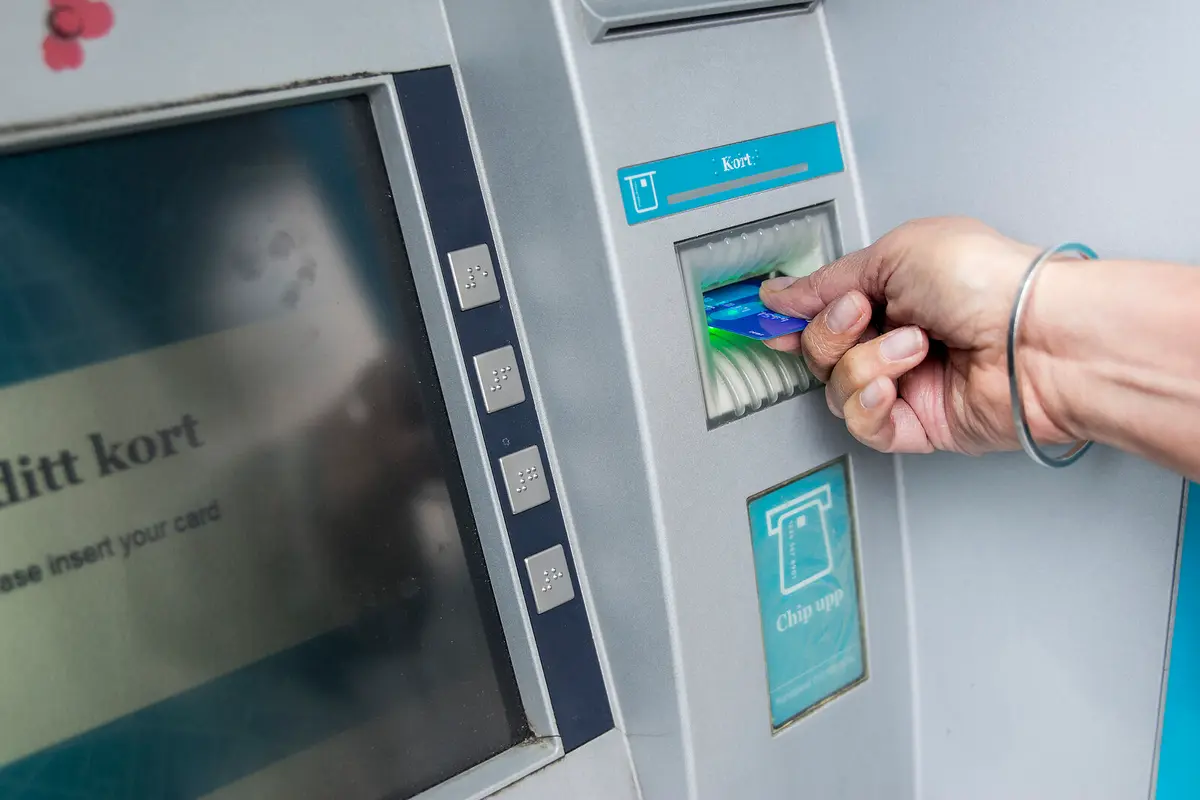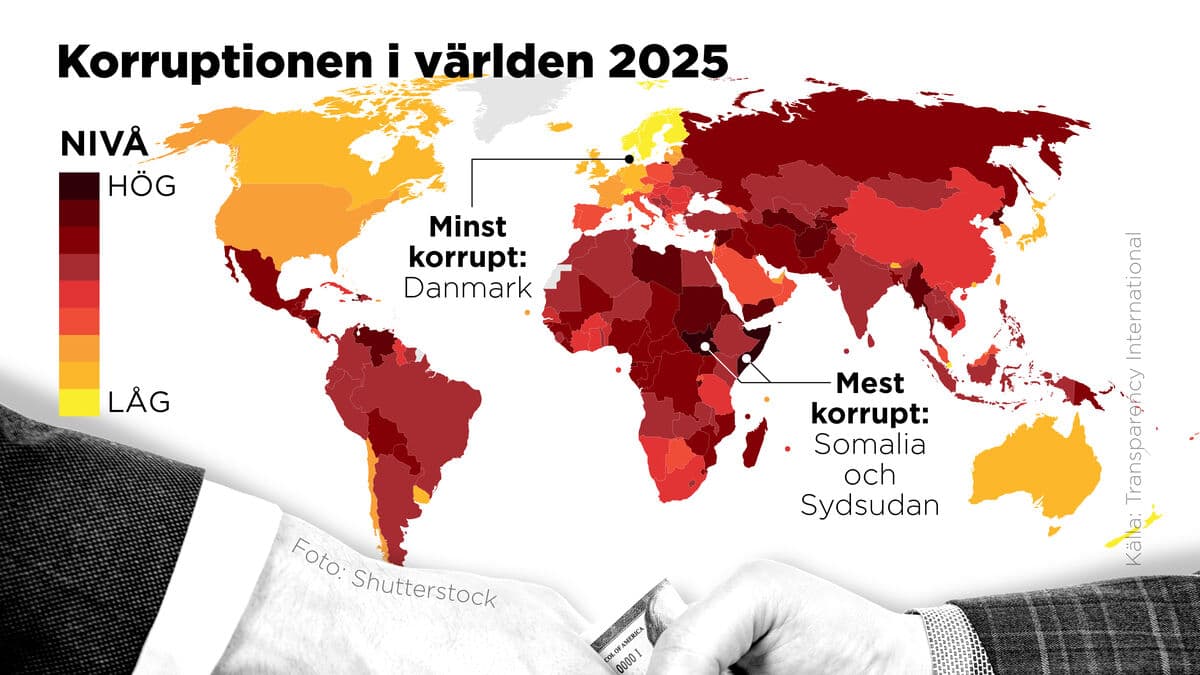The trend of reduced cash withdrawals not only continues but has also intensified. The 13 percent decrease in cash withdrawals for the first six months can be compared to the average 10 percent annual decrease in cash withdrawals in recent years.
"I am seriously concerned about the development," says Bankomat's marketing manager Johan Nilsson in a press release.
According to him, cash handling has now entered a negative and self-reinforcing spiral. The steadily decreasing demand for cash leads to private companies reducing their cash services, making it more difficult for consumers to use cash and thus further reducing their demand, notes Nilsson.
Must be available in crisis
The government wants to strengthen the possibility of trading with cash. Partly for certain groups in society who have difficulty handling codes or seeing numbers on screens, and partly to have an option to pay in cash during a crisis. An investigation has therefore been initiated.
The Swedish Civil Contingencies Agency (MSB) has urged Swedes to keep "a reserve of cash in smaller denominations at home". The agency also recommends using cash "now and then" to train citizens' preparedness.
Vulnerable society
According to Johan Nilsson, the dismantling of cash handling has made our society very vulnerable.
"It's not possible to quickly build up cash infrastructure when a crisis suddenly arrives," he says.
The number of cash machines decreased from 1,357 to 1,247 from the first half of 2023 to the first half of 2024.
However, not everyone views the reduced use of cash negatively.
We don't see it as a problem. There are two reasons why people say no to cash in stores, one is security reasons and the other is cost, says Bengt Nilervall, business policy expert at Svensk Handel.






